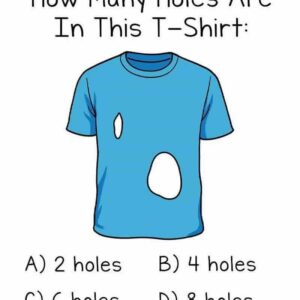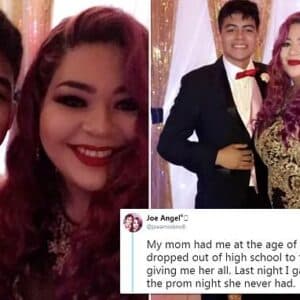I live with my ex-husband, and without asking, he changed our porch light to green. When I questioned him, he just said it was because of his father who recently passed away. No explanation. So what does a green porch light actually mean?
Across the U.S., a green porch light is more than just a color choice—it’s a quiet message. Most people who switch to green are expressing support, remembrance, or solidarity. The meaning depends on context, but a few interpretations are especially common:
1. Honoring Veterans
This is the strongest and most widespread association.
Green porch lights became popular through the Greenlight A Vet campaign, a movement encouraging Americans to display a green bulb to recognize military veterans and those who’ve served.
If his father was a veteran—or admired veterans—this could be his way of honoring him privately, without having to put that into words.
2. Remembering Someone Who Passed Away
Some people use green lights as a personal tribute after the loss of a loved one.
Green represents renewal, peace, safety, and “guiding someone home.” It’s not unusual for someone grieving to use a symbolic gesture like this, especially if they’re not comfortable talking about the emotions behind it.
3. Mental Health Awareness
Green also symbolizes mental health support and healing.
If his father struggled with mental health issues, PTSD, depression, or anything similar, the green light could be his way of acknowledging that struggle.
4. General Solidarity or Support
In certain communities, green lights appear after a tragedy or during awareness campaigns as a sign of unity, resilience, or remembrance.
Because he only said “it’s for my father” and didn’t elaborate, it’s likely one of two things:
Either his father was a veteran,
or
he’s grieving and using the green light as a quiet memorial.
Not everyone wants to talk about loss directly, and small symbolic gestures are often how people cope.
If the light bothers you—or if you simply want to understand—it’s fair to gently ask him again when he seems more open. But it’s equally possible that this is just his way of processing a loss he doesn’t know how to verbalize yet.





